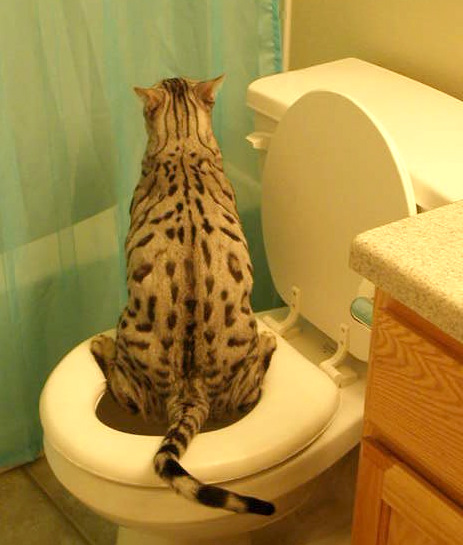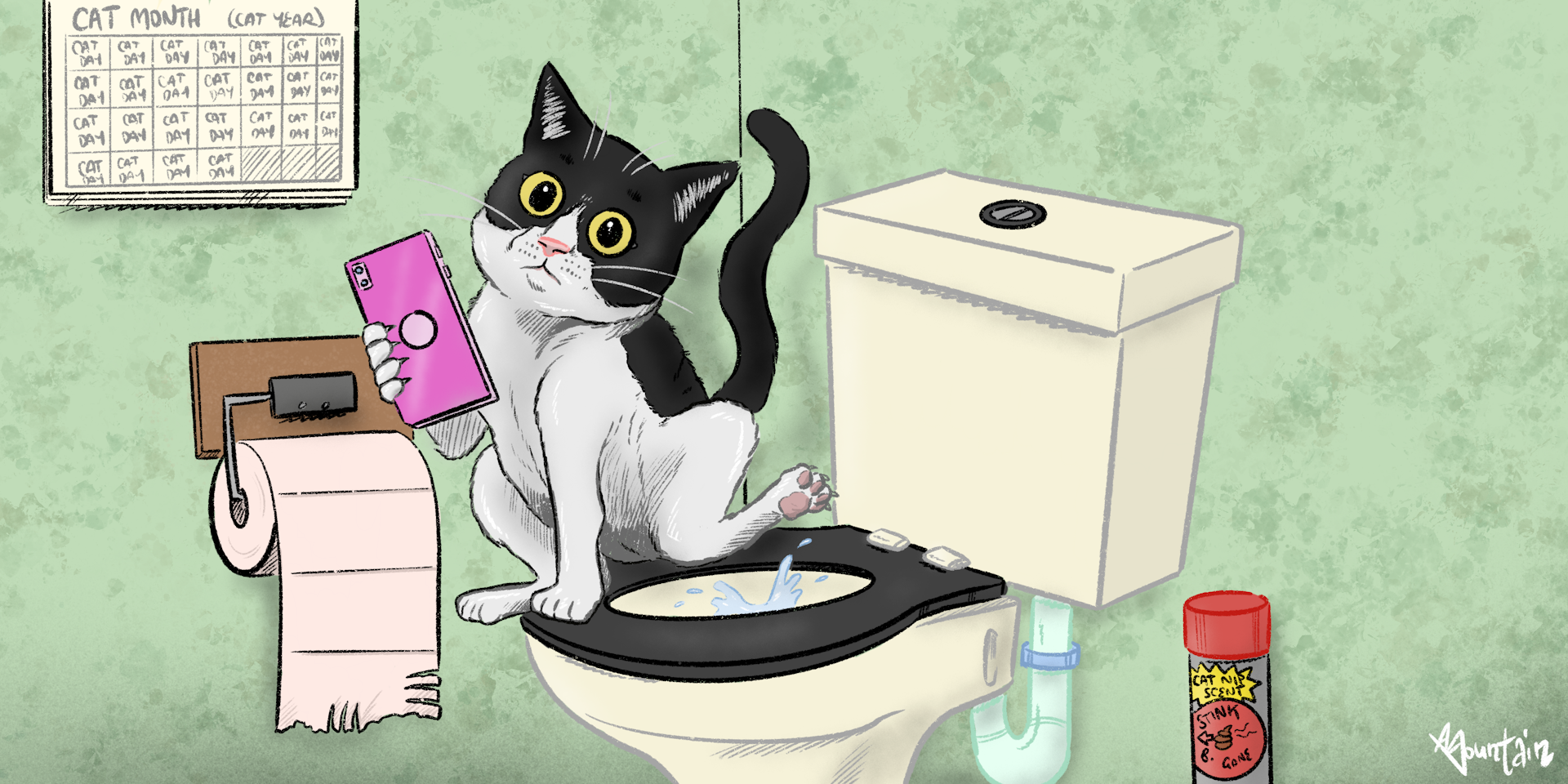Prevent Plumbing Problems: Don't Flush Cat Poop Down Your Toilet - Expert Guidance
Prevent Plumbing Problems: Don't Flush Cat Poop Down Your Toilet - Expert Guidance
Blog Article
Are you interested in guidance around How to Dispose of Cat Poop and Litter Without Plastic Bags?

Intro
As feline proprietors, it's vital to be mindful of just how we throw away our feline buddies' waste. While it might seem hassle-free to flush feline poop down the toilet, this method can have destructive consequences for both the setting and human health.
Alternatives to Flushing
Luckily, there are more secure and more accountable means to dispose of cat poop. Think about the adhering to choices:
1. Scoop and Dispose in Trash
The most common technique of throwing away pet cat poop is to scoop it right into a biodegradable bag and throw it in the trash. Be sure to use a dedicated litter scoop and dispose of the waste promptly.
2. Use Biodegradable Litter
Opt for biodegradable pet cat clutter made from products such as corn or wheat. These trashes are environmentally friendly and can be safely disposed of in the garbage.
3. Hide in the Yard
If you have a yard, take into consideration hiding feline waste in a designated location away from veggie gardens and water sources. Make certain to dig deep enough to stop contamination of groundwater.
4. Set Up a Pet Waste Disposal System
Invest in a family pet waste disposal system especially developed for feline waste. These systems use enzymes to break down the waste, decreasing odor and environmental influence.
Health Risks
In addition to ecological issues, purging pet cat waste can additionally pose wellness risks to people. Pet cat feces may consist of Toxoplasma gondii, a bloodsucker that can cause toxoplasmosis-- a potentially extreme illness, especially for expectant females and individuals with weakened immune systems.
Environmental Impact
Purging pet cat poop presents harmful pathogens and parasites into the water system, presenting a substantial threat to water ecological communities. These impurities can adversely affect marine life and compromise water quality.
Verdict
Liable family pet ownership expands past offering food and shelter-- it additionally includes appropriate waste management. By avoiding flushing pet cat poop down the bathroom and opting for different disposal techniques, we can decrease our ecological impact and secure human health.
Why Can’t I Flush Cat Poop?
It Spreads a Parasite
Cats are frequently infected with a parasite called toxoplasma gondii. The parasite causes an infection called toxoplasmosis. It is usually harmless to cats. The parasite only uses cat poop as a host for its eggs. Otherwise, the cat’s immune system usually keeps the infection at low enough levels to maintain its own health. But it does not stop the develop of eggs. These eggs are tiny and surprisingly tough. They may survive for a year before they begin to grow. But that’s the problem.
Our wastewater system is not designed to deal with toxoplasmosis eggs. Instead, most eggs will flush from your toilet into sewers and wastewater management plants. After the sewage is treated for many other harmful things in it, it is typically released into local rivers, lakes, or oceans. Here, the toxoplasmosis eggs can find new hosts, including starfish, crabs, otters, and many other wildlife. For many, this is a significant risk to their health. Toxoplasmosis can also end up infecting water sources that are important for agriculture, which means our deer, pigs, and sheep can get infected too.
Is There Risk to Humans?
There can be a risk to human life from flushing cat poop down the toilet. If you do so, the parasites from your cat’s poop can end up in shellfish, game animals, or livestock. If this meat is then served raw or undercooked, the people who eat it can get sick.
In fact, according to the CDC, 40 million people in the United States are infected with toxoplasma gondii. They get it from exposure to infected seafood, or from some kind of cat poop contamination, like drinking from a stream that is contaminated or touching anything that has come into contact with cat poop. That includes just cleaning a cat litter box.
Most people who get infected with these parasites will not develop any symptoms. However, for pregnant women or for those with compromised immune systems, the parasite can cause severe health problems.
How to Handle Cat Poop
The best way to handle cat poop is actually to clean the box more often. The eggs that the parasite sheds will not become active until one to five days after the cat poops. That means that if you clean daily, you’re much less likely to come into direct contact with infectious eggs.
That said, always dispose of cat poop in the garbage and not down the toilet. Wash your hands before and after you clean the litter box, and bring the bag of poop right outside to your garbage bins.
https://trenchlesssolutionsusa.com/why-cant-i-flush-cat-poop/

I stumbled upon that content about Can You Flush Cat Poo or Litter Down the Toilet? when exploring the internet. Liked our entry? Please share it. Let somebody else find it. Thanks so much for going through it.
Order Repair Report this page